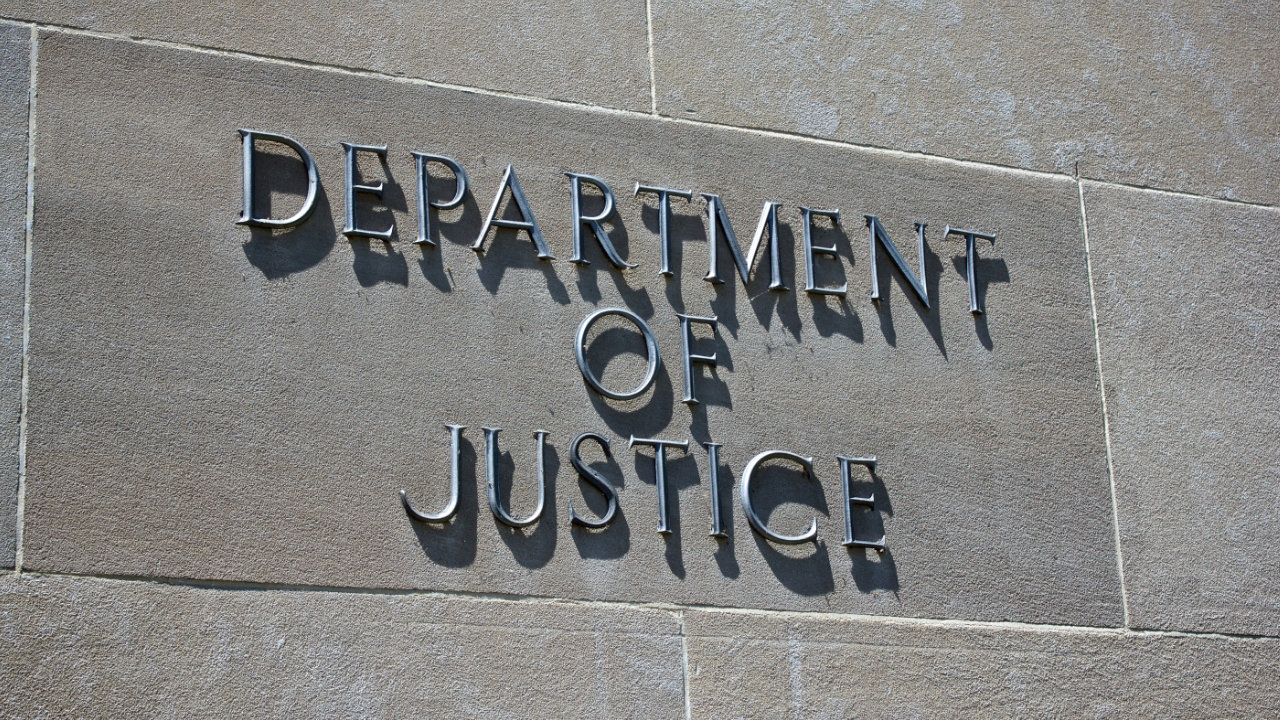The founders of cryptocurrency derivatives exchange Bitmex, Arthur Hayes and Benjamin Delo, have pled guilty to violations of the U.S. Bank Secrecy Act. “As a result of its willful failure to implement AML and KYC programs, Bitmex was in effect a money-laundering platform,” said the U.S. Department of Justice.
Bitmex’s Founders Guilty of Bank Secrecy Act Violations
The U.S. Department of Justice (DOJ) announced Thursday that the founders of cryptocurrency derivatives exchange Bitmex have pled guilty to violating the Bank Secrecy Act (BSA). The DOJ stated:
Arthur Hayes and Benjamin Delo designed Bitmex as a platform to flaunt U.S. anti-money laundering rules.
Hayes, 36, is from Miami, Florida. Delo, 38, resides in the U.K. and Hong Kong.
The Justice Department explained that from at least September 2015 through the time of their indictment in September 2020, the two “willfully caused Bitmex to fail to establish and maintain an AML program,” including a know-your-customer (KYC) program. Hayes stepped down as the CEO of Bitmex after the indictment.
Hayes was notified in May 2018 of allegations that Bitmex was being used to launder the proceeds of a cryptocurrency hack, the DOJ added. However, neither Hayes, Delo, nor Bitmex filed a suspicious activity report thereafter or implemented any measures to prevent future use of the platform to launder funds.
The DOJ detailed:
As a result of its willful failure to implement AML and KYC programs, Bitmex was in effect a money-laundering platform.
Bitmex was also used to evade sanctions, the DOJ noted, adding that both Hayes and Delo communicated directly with the exchange’s customers “who self-identified as being based in Iran, an OFAC-sanctioned jurisdiction, but did nothing to implement an AML or KYC program after doing so.”
Furthermore, the crypto platform never ceased operations in the U.S. “Despite repeatedly stating that Bitmex did not serve U.S. customers.” the DOJ said:
Hayes and Delo both knew that Bitmex’s purported withdrawal from the U.S. market in or about September 2015 was a sham.
The “purported ‘controls’ Bitmex put in place to prevent U.S. trading were an ineffective facade that did not, in fact, prevent users from accessing or trading on Bitmex from the United States,” the DOJ described.
Hayes and Delo also used U.S.-based crypto “influencers” to market Bitmex’s products to new U.S. customers through the platform’s “affiliate program,” the Justice Department noted.
The two founders pled guilty to one count each of violating the Bank Secrecy Act, which carries a maximum penalty of five years in prison, the DOJ detailed, adding:
Under the terms of their respective plea agreements, Hayes and Delo each agreed to separately pay a $10 million criminal fine representing pecuniary gain derived from the offense.
In August last year, Bitmex agreed to pay $100 million to settle charges with the U.S. Commodity Futures Trading Commission (CFTC) and the Financial Crimes Enforcement Network (FinCEN). In January this year, the exchange acquired a German bank with the aim to create a “regulated crypto powerhouse” in Europe.
What do you think about Bitmex’s founders pleading guilty to violating the Bank Secrecy Act? Let us know in the comments section below.
Image Credits: Shutterstock, Pixabay, Wiki Commons
Disclaimer: This article is for informational purposes only. It is not a direct offer or solicitation of an offer to buy or sell, or a recommendation or endorsement of any products, services, or companies. Bitcoin.com does not provide investment, tax, legal, or accounting advice. Neither the company nor the author is responsible, directly or indirectly, for any damage or loss caused or alleged to be caused by or in connection with the use of or reliance on any content, goods or services mentioned in this article.
Read disclaimer
